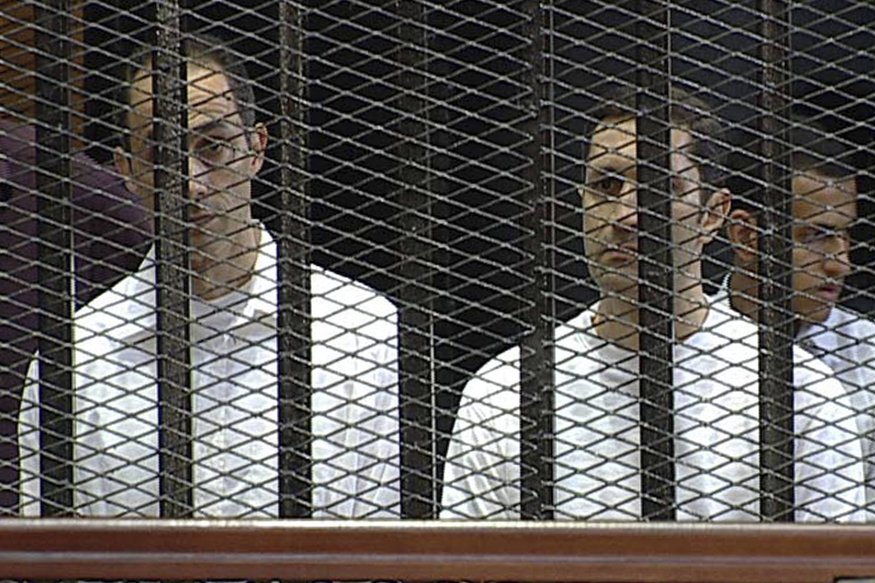CAIRO: The Egyptian Organization for Human Rights (EOHR) announced the release of its 16th Annual Report on human rights abuses in Egypt and of Egyptians abroad in a press conference on Thursday.
Founded in 1985, the Cairo-based organization has a national membership of 2,300 and 17 provincial branches located throughout Egypt. Since 2006, EOHR has Consultative Status with the United Nations Economic and Social Council.
The organization’s Annual Report is divided into three different sections and is intended to provide the public with a general perspective of human rights issues in Egypt and of Egyptians abroad.
The main theme of the Annual Report 2005 is the issuing of the new “anti-terrorism law by the government, which is intended to replace the highly criticized Emergency Law.
Hafez Abu Seada, Secretary-General of the EOHR, opened the conference by arguing that this proposed constitutional amendment will provide the Executive branch with more freedom to commit human rights violations.
“While the government claims that the new anti-terrorism law will enhance the protection of the Egyptian people, it will only provide the authorities with increased power to commit human rights crimes undisturbed, says Abu Seada.
Part one of the Annual Report is dedicated to developments in the Egyptian legal system, judicial verdicts and a detailed analysis on past elections.
The second section, which is considered the core part of the report, provides detailed information on a wide range of human rights violations in Egypt, including violations of Right to Assembly, Right to Fair Trial and Right to Life.
Cases involving torture, maltreatment of prisoners, police abuse and enforced disappearances are also documented in the second section of the report.
In regards to torture and abuse, Abu Seada voiced strong concern over the new law on Collective Punishment, which was put into force in 2005.
“One of the cases we have documented on this topic involved a few farmers in a village outside Alexandria with whom the authorities were experiencing problems. The adoption of the new law on Collective Punishment resulted in the police punishing the entire village, beating the villagers and spraying tear gas on them.
In regards to Right to Assembly, “the authorities have repeatedly used violence to stop public gatherings and demonstrations in the past year, says Abu Saeda.
“During the recent demonstration outside the Supreme Court, several citizens including a Member of Parliament were severely beaten in the street by police forces, he continues.
Moreover, the report features an extensive analysis on enforced disappearances and extraordinary renditions to Egypt.
More than 60 cases of enforced disappearances have taken place in Egypt since 1992. EOHR has learned the fate of 13 of those disappearances to date, but continues to work closely with national and international organizations on this issue.
Violations of Freedom of Expression is another core topic in this year’s Annual Report.
“We have courageous journalists in Egypt despite the existing restrictive laws and rules. They have been subject to arrest for their political views. Their publications, books and articles have been confiscated by the authorities. Last year, several books were removed by the security authorities from a journalist book fair, but they still continue their courageous work, says Abu Seada.
The third and last part of the Annual Report concentrates on the violations of rights of Egyptians living abroad, especially of those residing in the Gulf region. In addition, the last section provides statistic information on EOHR’s activities in 2005.
EOHR provides recommendations at the end of each section and Abu Saeda hopes that Egypt’s National Council for Human Rights (NCHR) will welcome them.
In closing remarks, Abu Saeda urged the government to introduce amendments in the current constitution that better protect the rights of the Egyptian people.
“The Egyptian government has a duty to protect its citizens and it is completely failing to do so.

